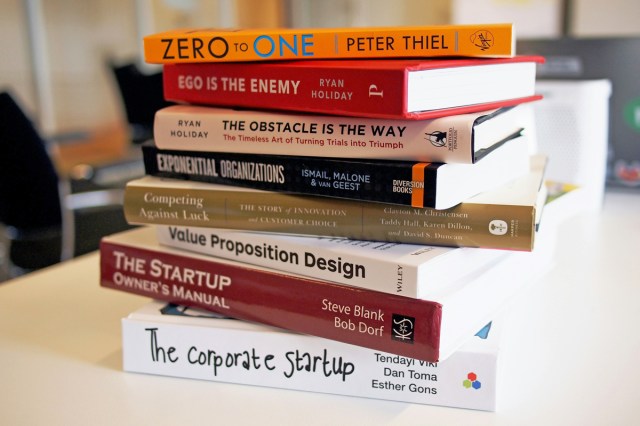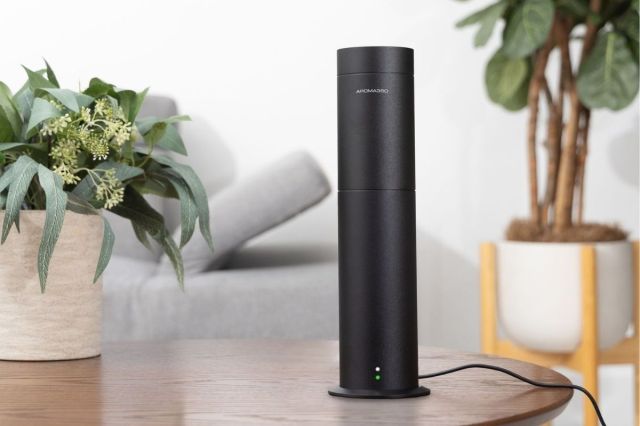We’ve all been at a party where we must introduce ourselves to someone new. Unfortunately, it never dawns on us how difficult that task is until it’s at hand. Though we can’t craft your exact message, we can give you some words to avoid describing yourself with. These overused words are bland and empty. They tell little about the real you. Worse, they could even elicit a yawn or two.

Leader
Rather than calling yourself a leader, show your leadership skills. People often use this filler word because they think it makes them sound good, but it doesn’t mean much unless there are scenarios and stories to back it up. “Too often we hide behind buzzwords which don’t mean anything, whether out of a desire to keep things simple or because we don’t feel confident talking about our work accomplishments. [Use] language which truly conveys what makes you great,” explains bestselling biographer Christopher Sandford.

Creative
It would be in bad taste to say, “I’m creative,” in a regular conversation. This adjective is used to praise or compliment someone, and complimenting ourselves is usually frowned upon because it can come off as bragging. It’s also one of LinkedIn’s Top 10 Buzzwords that are overused. Instead, tell people about your creative endeavors. Did you redesign your living room portrait wall? Or maybe you thought up a brilliant web design at work. Having a friendly conversation about your creativity is much more enjoyable for everyone than simply stating you’re creative.

Successful
Success is subjective, and while it might seem like a positive way to describe yourself, it can come off snobbish to some. If someone asks about your hobbies, job, or interests, and you’re particularly good at them, share some fun facts or figures instead of simply saying you’re “successful.”

Expert
Very rarely do you hear someone introduce themselves as an “expert,” so the same applies to putting it in writing. It’s best to avoid using it and, perhaps, swap it out for a specialist (if that makes sense). Bestselling author Malcolm Gladwell defines an “expert” using the “10,000-Hour Rule” in his book Outliers: The Story of Success. Gladwell surmises that the key to becoming an expert in anything is to practice it (the correct way) for at least 10,000 hours. That breaks down to around 20 hours of practice per week for a decade. If you do that, by Gladwell’s standards, you might be able to call yourself an expert, but that doesn’t mean it won’t come off as arrogant.

Innovative
This filler adjective doesn’t carry any weight unless further explained, so skip the padding and delve into examples instead. If you are innovative, share new ideas and your creative thinking abilities. If you can’t think of any of these instances, you should probably forgo “innovative” altogether.
Reader Favorites

Experienced
Another one of LinkedIn’s overused buzzwords, “experienced,” isn’t something you need to tell people; you should show it instead. Explaining more about your past projects or jobs paints a better picture than slapping “experienced” before a title. For example, an “experienced data analyst” holds the same weight as a “data analyst” in a cover letter because no one has any idea what “experienced” means to you. Have you been doing this for two years or 15? Experience is subjective.

Talented
“I am very talented” is not something you often hear, because it comes off as smug. Avoid adding “talented” to your resume, social profiles, and other online media. It holds the same connotations in writing as it would saying it in person. In one study from the Personality and Social Psychology Bulletin, researchers found that there is a preference for “naturals” over “strivers,” that is, participants preferred people who were naturally talented rather than those who over-emphasized their talents and successes by talking about their hard work and dedication to the craft.

Hardworking
Hardworking, driven, motivated. These adjectives describing a dedicated person should not be used to describe yourself. Not only does it come off as boastful, but it’s usually only used as filler. Not only is it odd to say in a casual conversation, but during a job interview, would anyone claim not to be hardworking? You’re driven, or you wouldn’t be applying for the job in the first place. If you need to convey that you’re hardworking for a job interview, tell the interviewer about a time you went above and beyond in a previous job or project.

Smart
This is a wonderful compliment to give other people but a braggadocious way to describe yourself. People will know you’re smart just by getting to know you — you won’t have to tell them. “Being smart, much like beauty, is in the eye of the beholder,” says psychologist Matthew Buckley, who emphasizes that “smart” is subjective. And much like beauty, you wouldn’t describe yourself as such. Other synonyms for “smart” to cross off your bio include “intelligent,” “clever,” and “witty.”

Humble
If you are humble, you aren’t sharing that with others. The same goes for “praising adjectives” such as “generous,” “philanthropic,” and “compassionate.” This could also diminish someone’s trust in you because as you’re calling yourself humble, you seem to be showing the exact opposite of that in the conversation.
More From Our Network
Better Report is part of Inbox Studio, an email-first media company. *Indicates a third-party property.
















